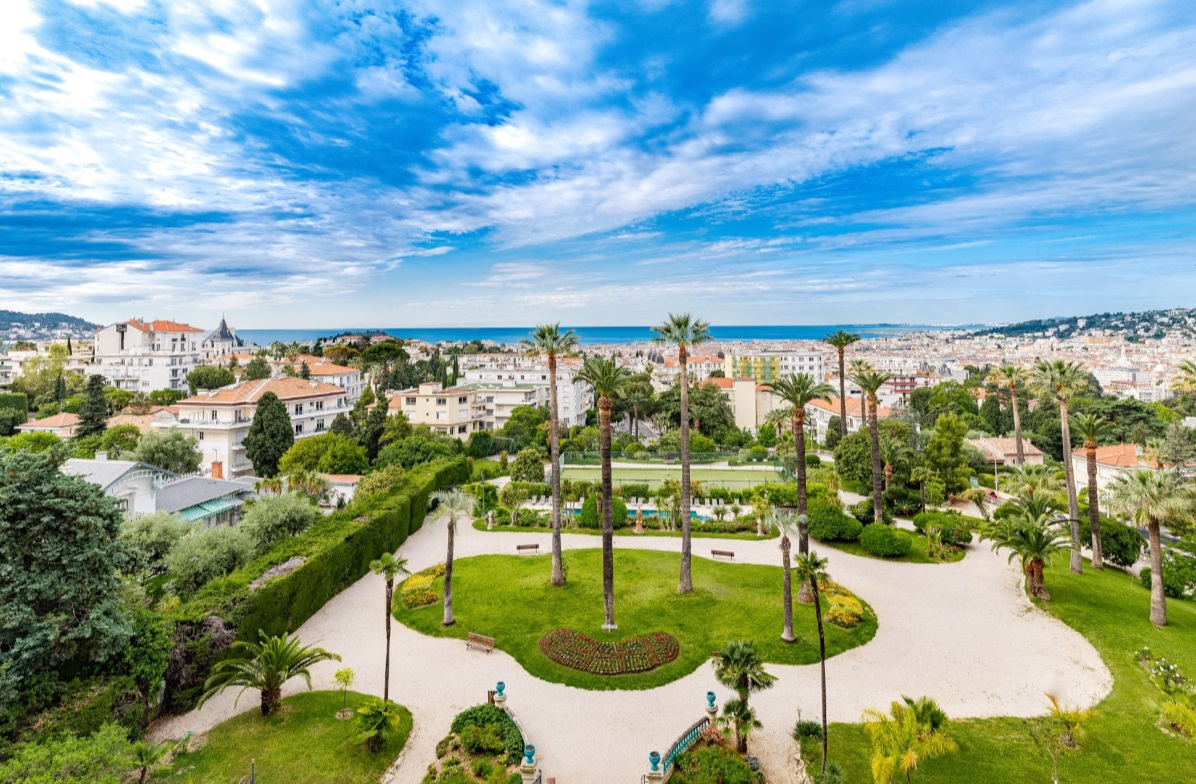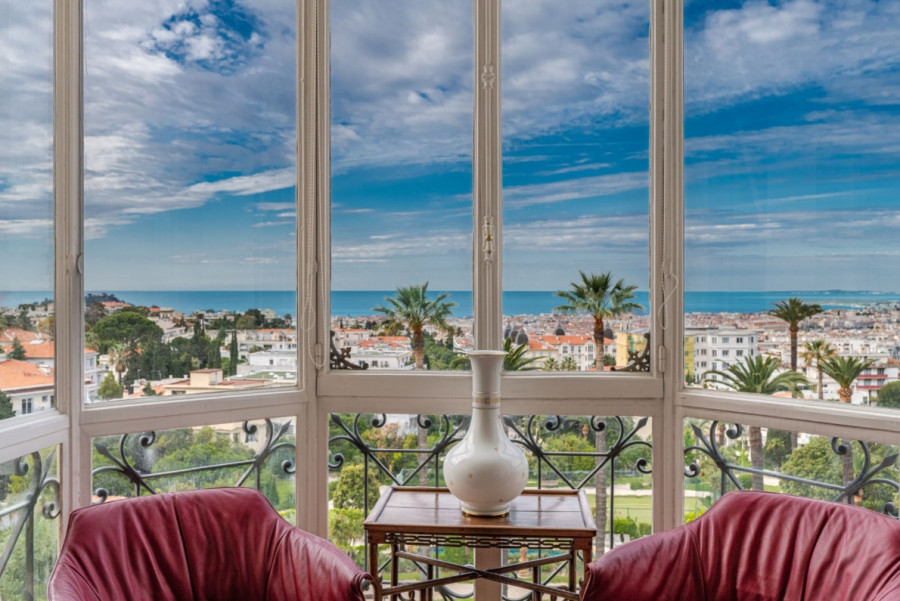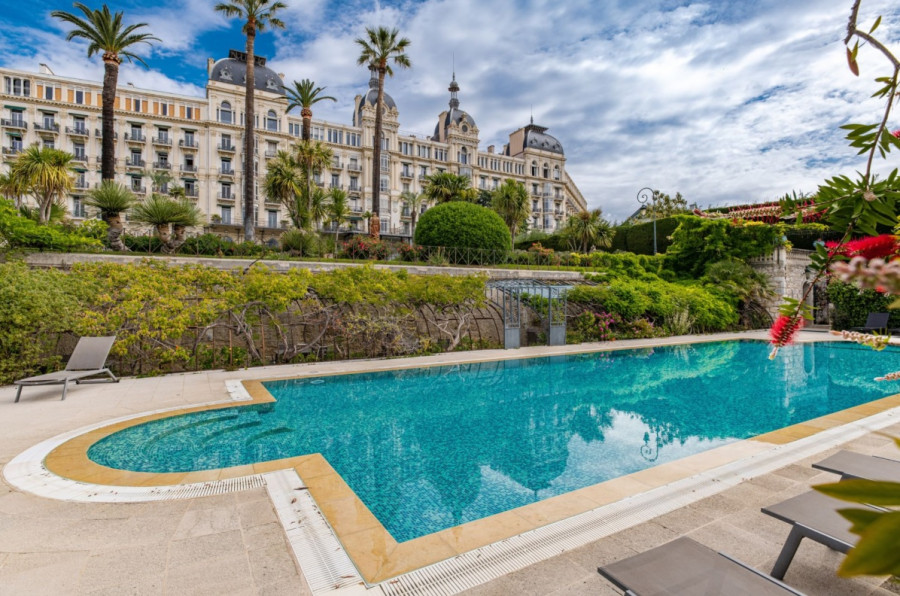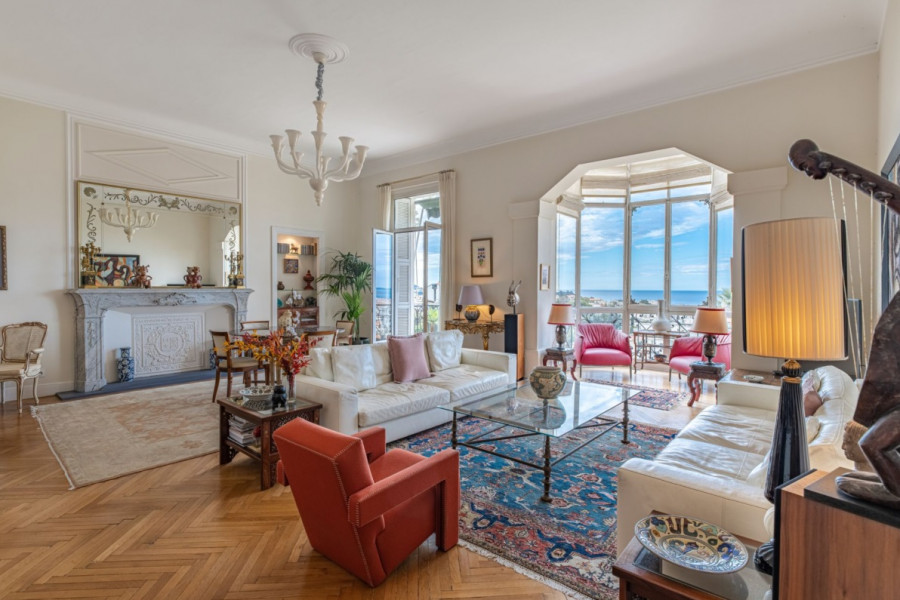The 62nd edition of the Monte-Carlo Television Festival has confirmed details of its extended Business Content programme.
The specially curated event, which will offer a series of panels spanning many current issues facing the international programming industry, will be attended by a group of leading experts, executives and creative talent from around the world.
Delegates and attendees of the Monte-Carlo Television Festival will be able to join the Business Content strand as well as those who separately register for the Festival’s exclusive Pass Pro which gives participants access to an exceptional line-up of high-level professionals who are shaping the future of television.
Also included in Pass Pro registration is Festival Connect – a unique networking tool which is now open to facilitate exclusive meetings with leading industry figures via the platform.
“Our Festival continues to be the leading European hub for creativity and talent,” said Laurent Puons, CEO Monte-Carlo Television Festival. “We are extremely pleased to have curated a welcoming and intimate setting for influential experts from across the international content business to meet and share conversations about the topics and trends that matter most.”
The Business Content schedule will take place in Monaco’s state-of-the-art Grimaldi Forum from 17th to 19th June. To see the full schedule, click here.
Sign up for the Monaco Life newsletter. For the latest news, follow us on Facebook, Twitter, and Instagram.






